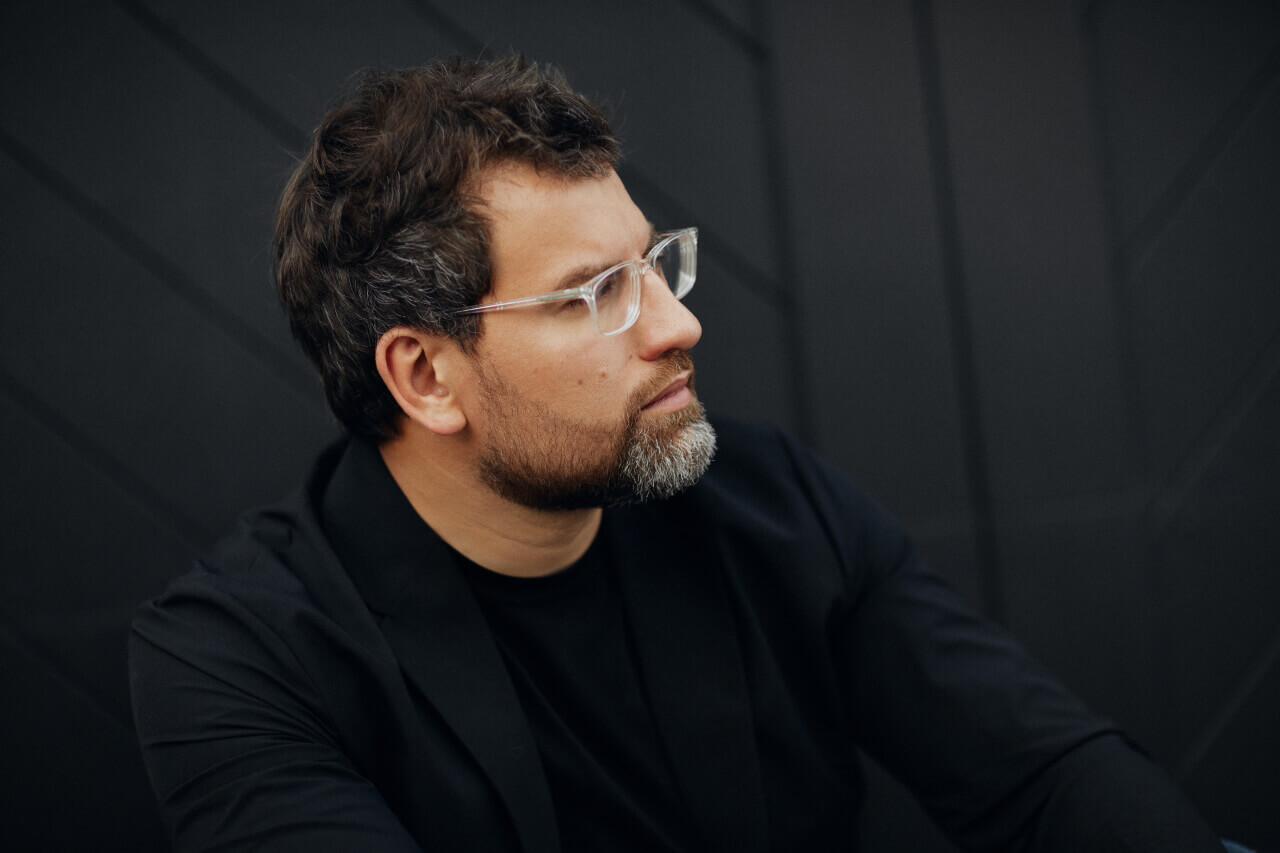Fine-tuning for GPT-4o, Procreate’s support of human creativity, selected upcoming AI conferences — the top 3 AI news stories of the week
Our latest AI Digest covers the biggest breaking AI news for the week. Nikolai Chesalin, Product Architect at EPAM, comments on key stories.

#1 — OpenAI unleashes fine-tuning for GPT-4o, enabling custom AI models
OpenAI has officially rolled out fine-tuning capabilities for its advanced GPT-4o model, empowering developers to craft customized AI solutions tailored to specific use cases. GPT-4o, renowned for its ability to respond in real-time to text, audio, and video inputs, can now be fine-tuned to excel in specialized tasks, making it an even more formidable tool.
Fine-tuning is a process that allows developers to adapt a pre-trained model like GPT-4o to perform exceptionally well in a targeted domain, much like training an employee for a specific job. This enhancement enables GPT-4o to be transformed into anything from a professional coding tutor to a SQL query specialist, depending on the custom dataset it is trained on.
In recent testing, fine-tuned GPT-4o models have delivered impressive results. Notably, Distyl AI Inc., which provides AI solutions for Fortune 500 companies, secured the top spot on the BIRD-SQL benchmark using a fine-tuned GPT-4o model. This model demonstrated high accuracy and excellent performance in complex tasks such as query reformulation and chain-of-thought reasoning.
With fine-tuning, OpenAI is not just refining its AI models, it is reshaping the potential of what AI can achieve across various industries.
#2 — Procreate stands firm against generative AI in its illustration app
Procreate will not integrate generative AI into its popular iPad illustration app. This bold stand comes amid growing concerns within the art community about the ethics and impacts of AI use on artists and creators across industries. Procreate’s CEO, James Cuda, voiced his opposition to generative AI in a candid video emphasizing the importance of human creativity and the potential harm that AI poses to artists.
The announcement has resonated with digital artists who fear that AI-generated content — frequently created without the consent of the artists on whose work it is trained and without any compensation paid to them — could undermine their work and its authenticity. Artists are divided over AI’s role in art, but Procreate’s stance has been met with largely positive feedback from artists who value human-centric creativity.
Procreate’s decision to avoid generative AI contrasts with the approach taken by industry giants like Adobe, which have embraced AI tools in their software. This move could set Procreate apart as a champion of traditional artistic values in a rapidly evolving digital landscape. It also carries the risk of alienating some users, especially as AI continues to grow in popularity.
Procreate plainly states its position as follows: “Creativity is made, not generated... We're here for the humans. We’re not chasing a technology that is a moral threat to our greatest jewel: human creativity.”
#3 — Beyond news: the power of conferences for following trends
Staying ahead in the rapidly evolving world of AI and technology requires more than just keeping an eye on the news. One of the best ways to gain practical, actionable, insights is by attending conferences where the latest and greatest trends are unveiled. If attending in person isn’t an option, you can still benefit immensely from exploring conference agendas, reviewing speaker presentations, accessing slides, and reading related scientific articles. These resources provide a wealth of information that can keep you updated on cutting-edge developments shaping the industry.
Below, I’ve identified a few upcoming conferences and provided summaries of what to expect. These are just a starting point — there are many more events worth exploring.
The AI Conference 2024 (September 10th – 11th) is set to be a pivotal event in the world of artificial intelligence, focusing on the transformative power of AI across all aspects of human life, from individual daily routines to community and population structures. Established to explore AI’s potential and its ethical implications, the conference is built on the principles of transparency, diversity, and the promotion of open-source technologies.
The AI Hardware & Edge AI Summit (September 10th – 12th) is the premier event featuring and hosting industry players from across “the entire AI and ML ecosystem.” This must-attend summit is dedicated to advancing the development, deployment, and scaling of machine learning systems that are fast but also affordable and efficient.
World Summit AI (October 9th – 10th) refers to itself as “the epicenter of AI innovation.” It brings together cutting-edge technology and visionary business leaders to drive “business and societal transformation.” This event promises to shape the future of AI, emphasizing the crucial intersection of technology and humanity.

.png)
